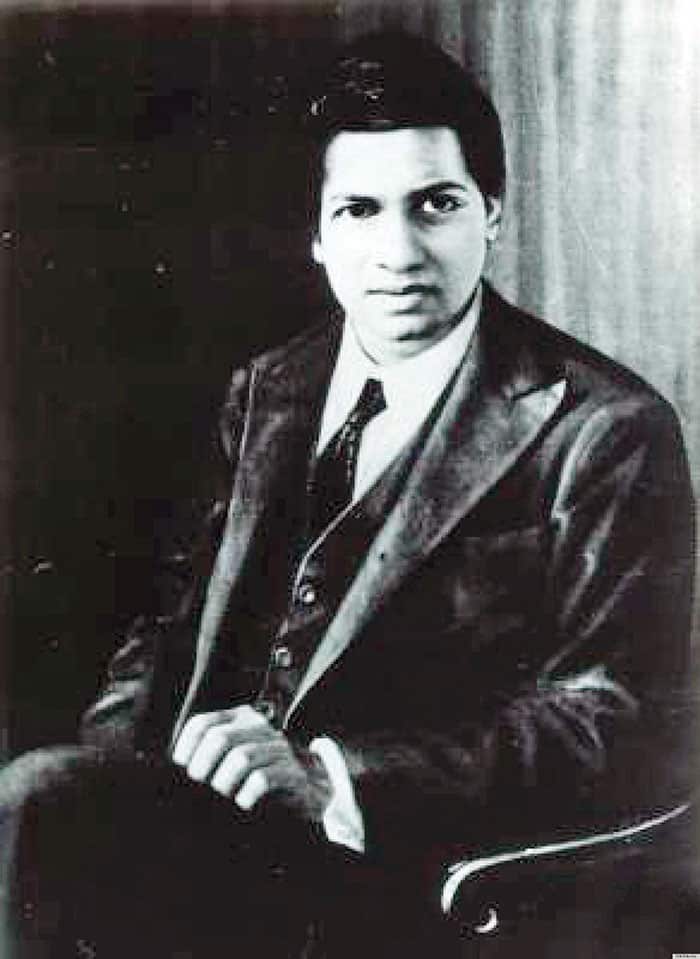David Appell reviews Probable Impossibilities: Musings on Beginnings and Endings by Alan Lightman
 At his best, Alan Lightman is a wondrous writer: poetic, original, insightful, inspired. In his new book Probable Impossibilities: Musings on Beginnings and Endings, he ponders the infinitely small and the infinitely large, and the impossibility of understanding each, let alone grasping our place in a universe that pulls us in both directions. He illustrates this at one point with a simple story of taking his two-year-old daughter to the ocean for the first time.
At his best, Alan Lightman is a wondrous writer: poetic, original, insightful, inspired. In his new book Probable Impossibilities: Musings on Beginnings and Endings, he ponders the infinitely small and the infinitely large, and the impossibility of understanding each, let alone grasping our place in a universe that pulls us in both directions. He illustrates this at one point with a simple story of taking his two-year-old daughter to the ocean for the first time.
After parking they begin to walk across the undulating dunes, towards the shore’s edge. “Eventually we climbed over a sandy hill. And there was the ocean, stretching on and on until it merged with the sky. It was my daughter’s first glimpse of infinity. For a moment, her face froze. Then she broke out in a big smile.”
This put a lump in my throat as I recalled my own encounters with such infinities, with sights that don’t at first seem real: Arizona’s Grand Canyon; Oregon’s Crater Lake; the emerald expanse at Forbes Field, a baseball park in Pittsburgh, when my dad and I first came out of the stadium tunnel when I was a small boy. I love that Lightman, ever the curious, observant writer, made a point of watching his daughter’s face at that crucial, unique moment.
Lightman is a noted physicist and author of several popular-science books, including his acclaimed first novel, the international bestseller Einstein’s Dreams, an imagination of fantastical concepts of time in the dreams of a fictional Albert Einstein. Now professor of the practice of the humanities at the Massachusetts Institute of Technology (MIT), he’s had a broad and unique career that’s garnered many awards, including six honorary doctorates in the humanities.
This book, he writes on his homepage, is “a collection of meditative essays on the possibilities, and impossibilities, of nothing and infinity – and how our place in the cosmos falls somewhere between”. That’s a rather broad range, to say the least, but Lightman has something interesting to say about nearly everything. In one chapter, “On nothingness”, he recounts a vivid, minute-long out-of-body experience he says he had as a nine-year-old child, floating in space far beyond the galaxy. And in a chapter titled “Is life special?” he estimates that the fraction of all matter in the universe in living form is one billionth of one billionth (10–18).
Some of the most interesting parts of the book are lengthy, rounded profiles of scientists working in different fields. I especially enjoyed one about the Nobel-prize-winning geneticist Jack Szostak trying to create a living cell from scratch – from a collection of non-living materials. Throughout more than a dozen pages on biology, Lightman includes thoughts from rabbis, Buddhist monks and bioethicists, as well as his own musings on the ideas of Richard Feynman (who spent much of his career at Caltech, where Lightman did his PhD) and the android character Commander Data from Star Trek: the Next Generation.
Just as interesting is a profile of the theoretical physicist Andrei Linde of Stanford University, who invented a revised version of cosmologist Alan Guth’s 1981 Big Bang inflation model. Linde’s theory, called “eternal chaotic inflation”, predicts that our universe is one of a vast number of universes, each of them constantly and randomly spawning off new universes in an everlasting chain of creation. Lightman says some of the predictions of the Guth–Linde theory have been confirmed by experiment, but a great deal of Linde’s ideas will forever remain pure speculation. Such is theoretical physics these days. Lightman goes on to talk with Linde about his ideas about infinity and his photography hobby (on his Flickr page you can see impressive photographs of buildings bathed in lights reflected off water).
As much as I enjoyed these and other anecdotes, I was, however, often distracted by trite statements that should never have left the editorial stage. Interviewing a physicist in Los Angeles by Skype from his guest room in Concord, Massachusetts, Lightman says they are “practically next door on the scale of the galaxy”. Groan.

To infinity, but not beyond
At the end of a chapter on “Immortality” Lightman imagines that “a kind of immortality” might be attained by imprinting his social security number on each of the atoms comprising his body, so that someone could follow them for the next thousand years, as they became parts of soil, plants, people, lives and memories. Really? I found myself groaning again.
The very well-known fact that things weigh one-sixth as much on the Moon as they do on Earth – which for some reason Lightman labels a “little-known fact” – “does not” he writes, “appear in the diet books I’ve seen”.
And in the aforementioned chapter “Is life special?” – wherein Lightman mistakenly takes proton decay as a fact – he estimates that the “Era of Life” in the universe lasts from about one billion to 1000 billion years after the Big Bang. This seems reasonable, in a universe that he estimates meaningfully spans about 1082 years. But he describes these trillion years as a “relatively brief moment”, one that is “joyous” and “majestic”, but also “tragic”, “cruel” and “devastating”. A trillion years is cruel and devastating?
Perhaps on the infinite and infinitesimal, impossible as they are for us to comprehend, it is difficult for even the best of writers to perfectly span the void
Sometimes Lightman reaches too far. However, by no means did these instances – and I found surprisingly many – ruin the book for me. I just felt that the author often took the easy way out of a paragraph or chapter, and that isn’t the Lightman I’ve read before. But perhaps on the topics of the infinite and infinitesimal, impossible as they are for us to comprehend, it is difficult for even the best of writers to perfectly span the void.
- 2021 Pantheon $25hb 208pp
